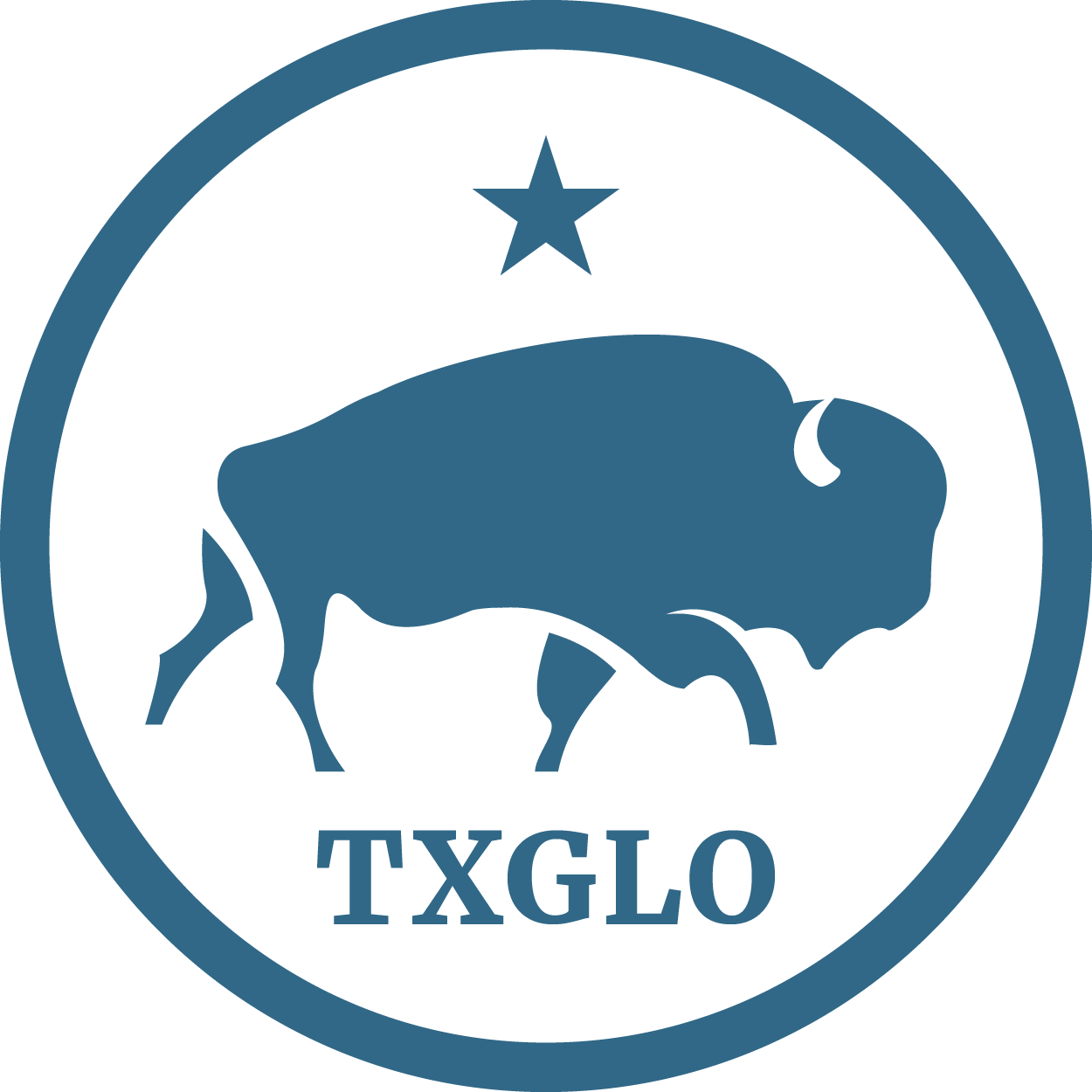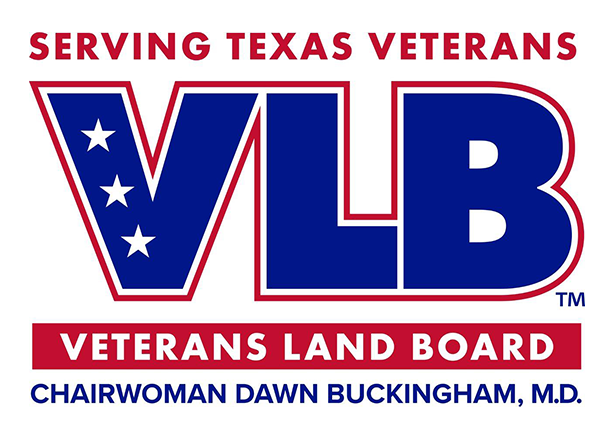What is the Homeowner Assistance Program (HAP)?
HAP helps homeowners affected by Hurricane Harvey repair and rebuild their homes. The housing program is administered by the GLO and provides homeowner assistance through:
- Repairing and rehabilitating homes
- Reconstruction
- Improving a damaged home so that it is stronger against natural disasters
- Elevating homes above flood level in conjunction with reconstruction assistance
- Temporary relocation assistance
All activities under this program will be conducted according to the GLO’s Housing Guidelines which outline the limitations for repairs, environmental regulations, and other rules that the GLO must follow in administering this program.
The GLO's Homeowner Assistance Program is rebuilding homes and lives
At the Texas General Land Office, our goal is to serve the people we are supposed to serve and do it well,” said Commissioner Dawn Buckingham. “I am proud to say that no other state or territory has performed like has Texas in the recovery from Hurricane Harvey. As our housing programs conclude, we are grateful for the partnership of all the communities we work with to bring Texans home after disasters.
HAP Applicant Information
Approved Applicants Demographic Information
The GLO is committed to serving low- to moderate-income, historically hard to reach, and vulnerable populations. The charts below represent the self-reported demographic information of approved Homeowner Assistance Program applicants.
- Current Overall HAP Program Application Totals
- Overall Demographic Information on HAP Approved Applicants
Who can qualify?
Homeowners affected by Hurricane Harvey who live in one of the eligible counties. The program is first-come, first serve and only available for a main home (primary residence). If your home was damaged by flooding in 2018 and 2019, you may visit the Homeowner Assistance and Reimbursement Program (HARP) to determine if you are potentially eligible for assistance.
What if my Harvey damaged home was affected by Imelda?
Rehabilitation or Reconstruction
Eligible activities include rehabilitation, reconstruction, and associated elevation and demolition activities. The primary focus of this program is to provide relief for homeowners impacted with consideration given to affirmatively further fair housing, as called for within the Fair Housing Act.
Rehabilitation: Repair or restoring of storm-damaged housing units in the impacted areas to applicable codes and standards. Rehabilitation will be provided to homes that have up to $65,000 in estimated repairs from the event. All other homes will be reconstructed. Homeowners must agree to reside in the rehabilitated home for three years in addition to other program requirements.
Reconstruction: Demolition and rebuilding of a stick-built or modular housing unit on the same lot in the same footprint. Reconstruction will be provided to homes that more than $65,000 in estimated damage from the event. The number of units on the lot may not increase, and the total square footage of the original, principal residence structure to be reconstructed may not be substantially exceeded; however, the number of rooms in a unit may be increased or decreased based on the applicant’s current household size. You must agree to reside in the reconstructed home for three years in additional to other program requirements.
Elevation: Elevating of residential structures located in an area defined as a floodplain. The home must be elevated with the lowest floor, including the basement, at least 2 feet above the base floodplain elevation or as modified by local code.
Demolition: The clearance and proper disposal of dilapidated buildings and blight to allow for rehab or reconstruction.
Manufactured Housing Unit (MHU): A structure, most commonly known as mobile homes. A type of prefabricated housing that is put together in factories and then delivered to sites for use.
Modular Housing: A home built in factories and assembled on a permanent foundation.
GLO's HOUSING COMMITMENT
The GLO is committed to assisting Texans in the recovery process through this program and has the following services available:
- Language assistance available by request: 512-463-5139. To request translation assistance with documents, events or other information, please leave a detailed message with your name, phone number and questions, and an interpreter will return your call with additional information.
- Speech or hearing impaired: 7-1-1
- TTD / TTY device: 1-844-893-8937 (toll free)
- For more information visit: Texas RELAY
- Complaint and Appeals process
For program questions, please email cdr@recovery.texas.gov or call 1-844-893-8937 or 512-475-5000.








